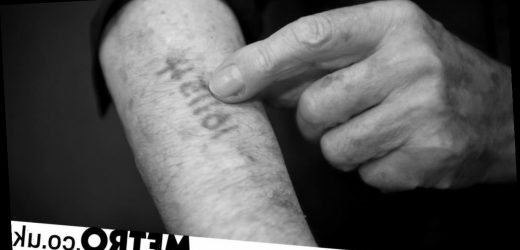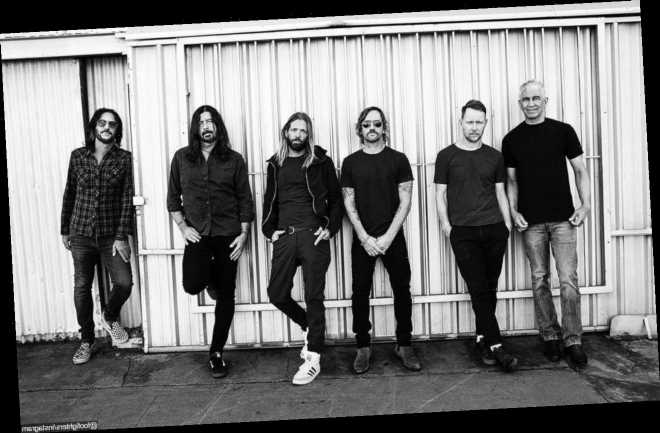Today is National Holocaust Day, and the 76th anniversary of the liberation of Auschwitz.
1.1 million Jewish people were murdered at the concentration camp in Nazi-occupied Poland as part of Adolf Hitler’s ‘final solution’ plan.
But in the years since the liberation of Auschwitz, stories of courage and determination of the brave few that were able to escape the camps alive continue to astound us.
Here, four Auschwitz survivors share their stories.
Freddie Knoller
Alfred ‘Freddie Knoller’ was born in Vienna, Austria in 1921, but was forced to leave the country in 1938 after a series of anti-Semitic attacks, and lived as a refugee in Belgium and France.
In 1943, he joined the French Resistance before being arrested and eventually deported to Auschwitz.
But as the allies closed in on the camp in 1945, he was taken to the Dora-Nordhaussen and Bergen-Belsen camps.
Freddie managed to survive after taking the uniform badge of a dead political prisoner in order to conceal his Jewish identity.
After the war, he became a United States citizen before moving to London in the 1950s.
Speaking to the Imperial War Museum, Freddie described the effects of anti-Semitism in Austria prior to the outbreak of war.
He said: ‘A lot of Jews were beat, were beaten up, and in school it was already very dangerous because these 50% of Gentiles immediately felt very, very strongly and we had a continuous battle, you know, to defend ourselves against these anti-Semitic school boys.
And it was very, very difficult actually to go to school, it was very, very difficult, the atmosphere it was just really frightening.’
Toby Biber
Toby Biber was born in 1925 to an Orthodox Jewish family in Mielec, Poland.
She spent time at a ghetto in Krakow before being moved to the Plaszow labour camp. After being liberated from Bergen-Belsen concentration camp in April 1945, she was moved to a displaced person camp, where she remained until 1947.
Describing the horrific conditions in the Plaszow labour camp, she told the Imperial War Museum: ‘Plaszow was a Jewish cemetery. When we got to Plaszow, as we arrived through the gates and it wasn’t even ready – it was no huts even built for us – we saw already 3 men hanging.
‘Frightened, I, I just don’t know, and when I think back, we must have been completely already numb, without no feeling, we just obeyed and did what we had to do.’
Alex Ossowski
Polish civilian Alex Ossowski was deported to Auschwitz-Birkenau in 1943,where he worked in the camp hospital.
He described the horrific experience of the Jews forced to work in the crematorium at the death camp.
Alex told the Imperial War Museum: ‘The most tragic contact we had in the, in the, in the camp where I went to work was with the Sonderkommando, with the Jewish people who worked in the crematorium. They, what they described, what they had to do, was so horrible, one man said that in the group he had to burn the bodies of his wife and his children.
‘He was crying all night and you couldn’t help him’.
Premysl Dobias
Premysl Dobias was born in the Czech town of Turnov in 1913.
He was arrested for helping Jews in the winter of 1941, before being deported to the Terezin transit and labour camp.
He was later sent to the Mauthausen concentration camp in Austria, where he was forced into slave labour and subjected to horrific medical experimentation.
At one point, he was selected to be killed in a gas van, but survived after two fellow inmates convinced the officer in charge that the camp Commandant had ordered Dobias’ release, because he was needed as an interpreter.
He later moved to London in 1947.
Before his death in 2012, he spoke of his horror at how how Germany was ‘fooled’ by Adolf Hitler.
Premsyl told the Imperial War Museum: ‘It’s a tremendous nightmare, nightmare to such an extent, that I could have never believed that a nation, civilized nation, which gave the world musicians, poets, experts in every field of science, how they could have been fooled by a maniac like Hitler is something which I will never understand.’
Get in touch with our news team by emailing us at [email protected].
For more stories like this, check our news page.
Source: Read Full Article




